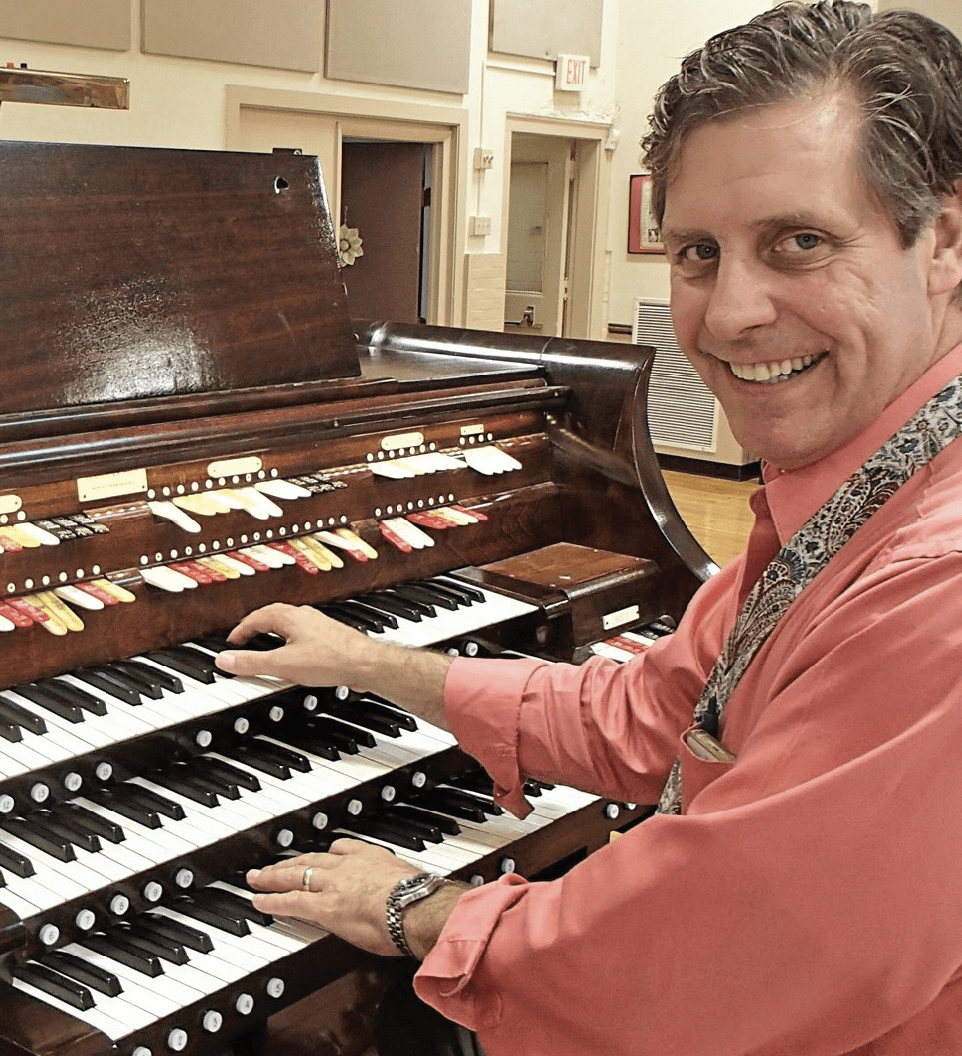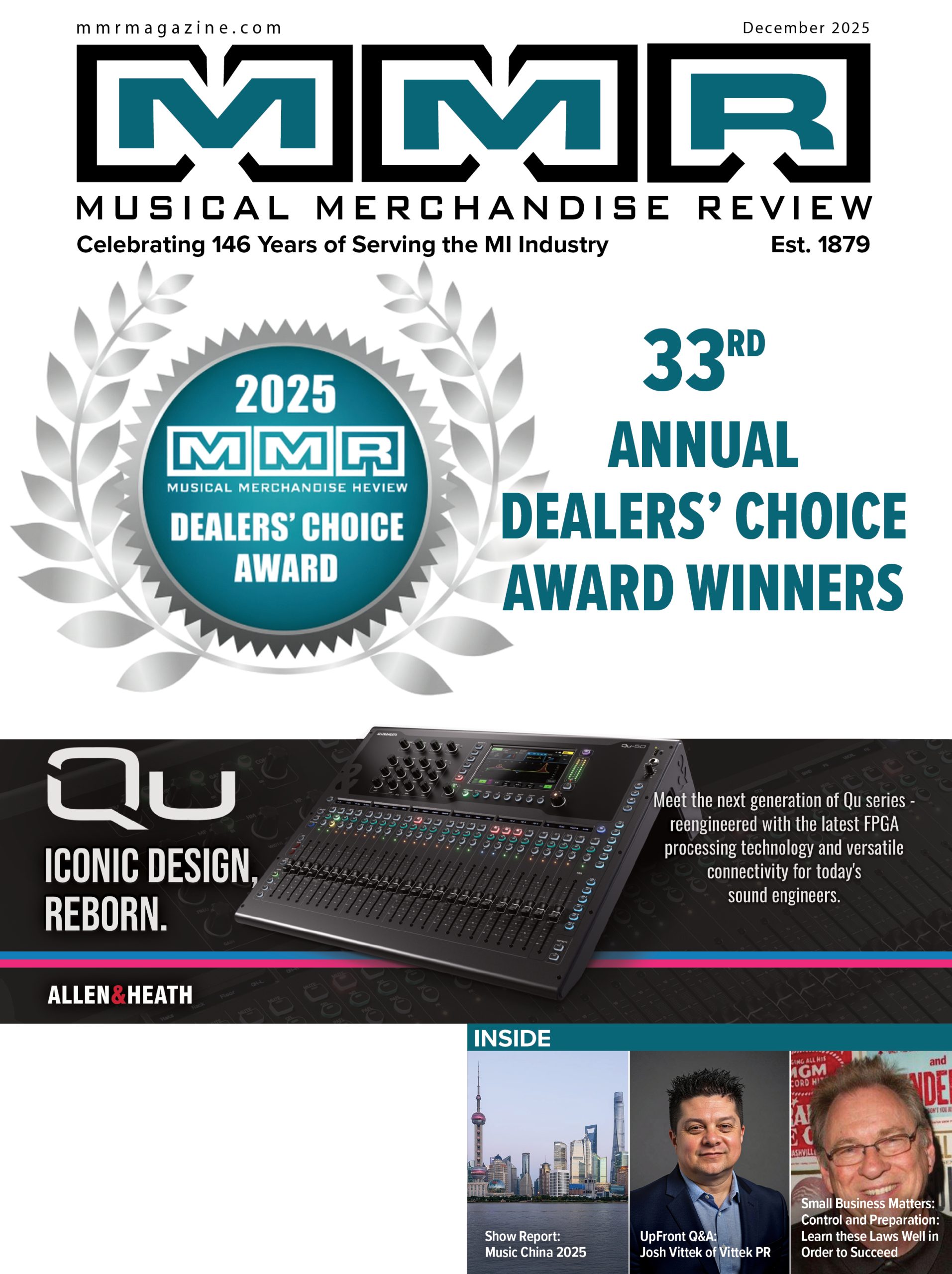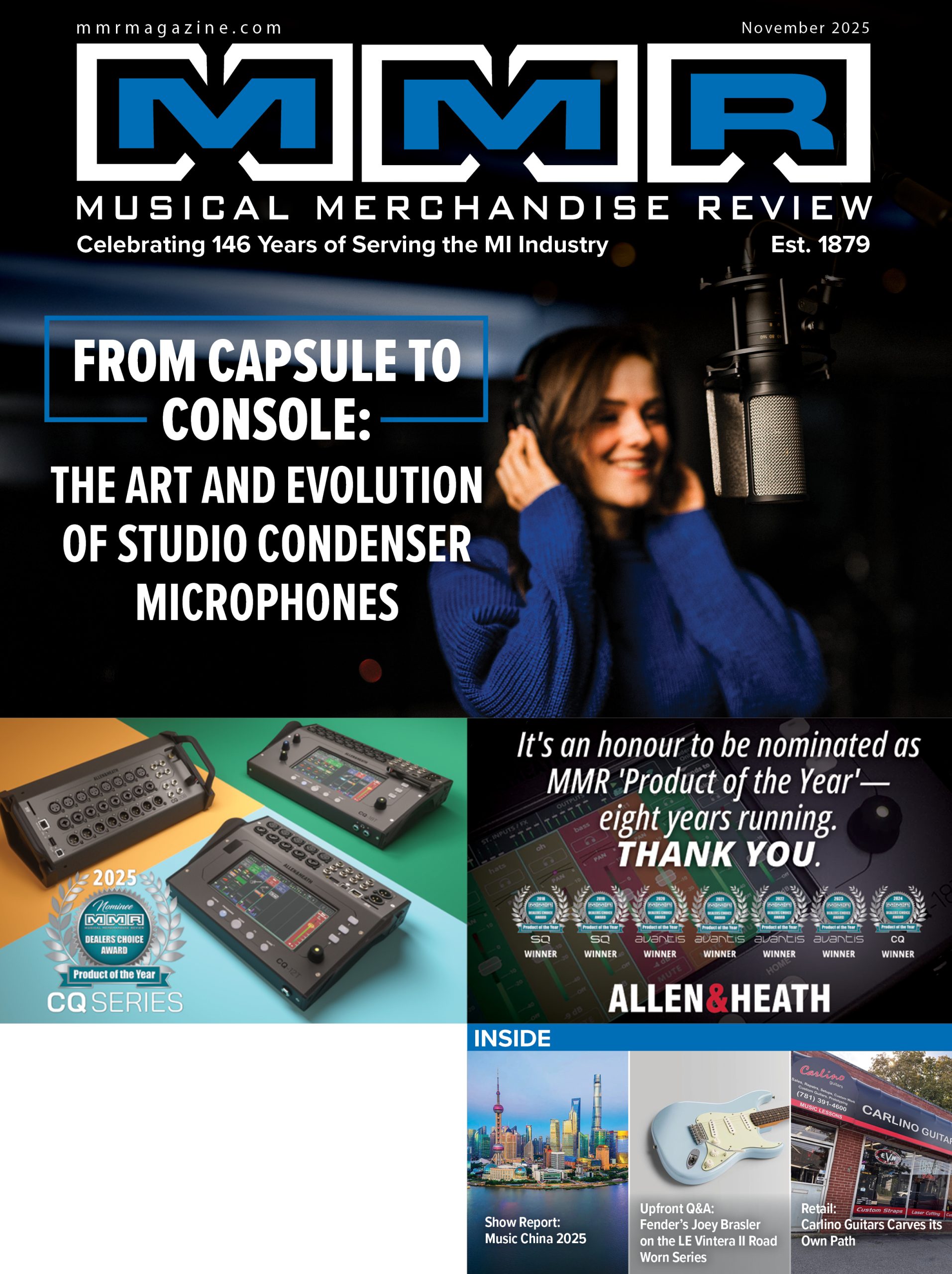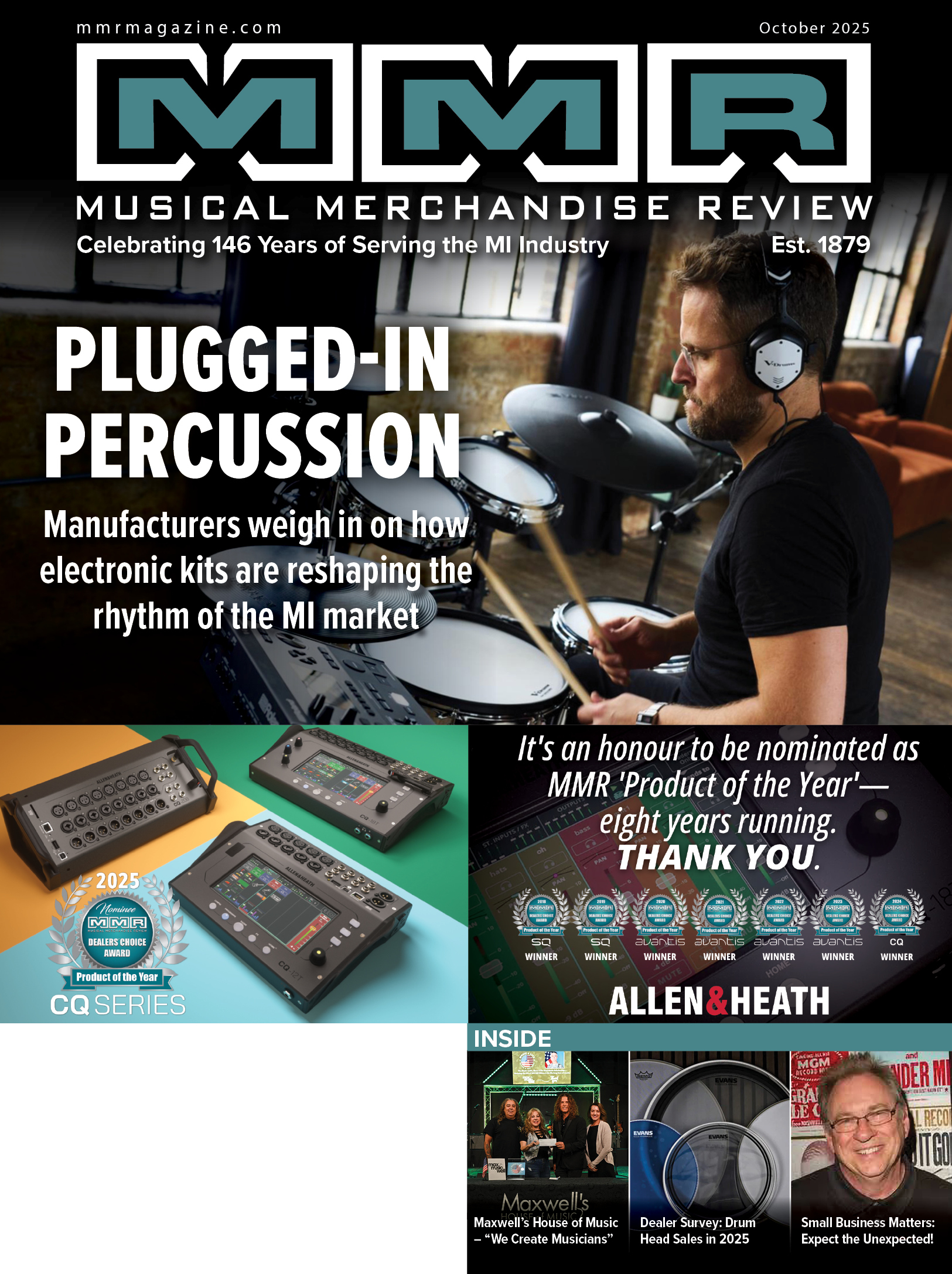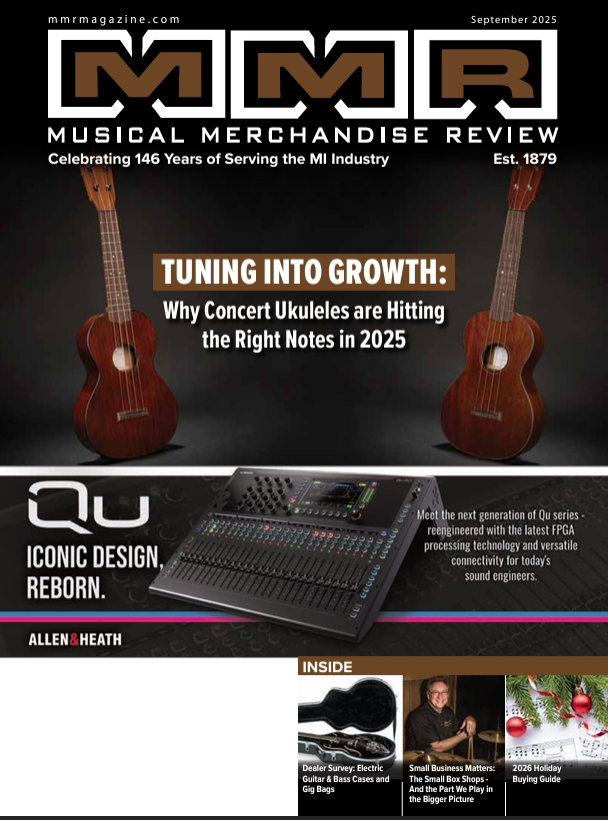 We spent our early years in business just trying to stay alive and find our footing. If you’ve started a business from scratch, you know what I’m talking about. These are the years of building a solid foundation that can support a robust business in the future. These are the years where you’re faced with tough choices, and the decisions you make will define your company’s character. Do you treat people fairly and with respect? Do you give a customer great service and stand behind the sale, even in times when your finances are bleak? These early years were our toughest times and some of our most rewarding times.
We spent our early years in business just trying to stay alive and find our footing. If you’ve started a business from scratch, you know what I’m talking about. These are the years of building a solid foundation that can support a robust business in the future. These are the years where you’re faced with tough choices, and the decisions you make will define your company’s character. Do you treat people fairly and with respect? Do you give a customer great service and stand behind the sale, even in times when your finances are bleak? These early years were our toughest times and some of our most rewarding times.
At one point in time, we had bills that were two years past due. We were young and learning, with every intent to pay, but we just didn’t have the money. We eventually paid every penny we owed, even those debts that had been written off by the vendor. More than one vendor told us they’d written off the receivable years ago and we didn’t need to pay it. We paid it anyway, because we felt it was the only right thing to do. Another time, we were very late in paying a printing bill and realized the salesperson who had given us terrific service had likely lost his commission on the job due to our slow pay. We thought about what we could do to compensate him for his great service, and we offered to make him a guitar. He was blown away by our gesture, and told us he didn’t know of another company that would do that.
Our tales of that time period could fill a book, in and of themselves. I know now, but don’t think we realized at the time, that those were defining choices; choosing to do the right thing when we really couldn’t afford to. By doing so, we were establishing the values of the company.
One of the hardest lessons during this period was learning how to best utilize our meager resources to advance the company. You always have the resources to take the next step; you just have to figure out the right next step to take. There were many times where we felt if we only had more money, or better equipment, or more of some other resource, that our problems would be solved. The truth of the matter is we would have ended up in worse financial straits, because we hadn’t yet learned how to use what we did have to generate additional resources. It’s like compounding interest: if you can get a little bit ahead, and use that to get a little bit further ahead, and continue doing that, it will eventually compound into something much larger.
Bob and I were twelve years into Taylor Guitars before we finally had a regular cash flow, a good balance of sales and production, and could pay ourselves each week. We had to reach that very important milestone before we could try to go beyond it. With this foundation in place, we looked towards the future and saw that we would not be able to keep the status quo and grow into a larger more successful company; we would have to continually reinvent the business, in big ways.
Realizing this is where we got the saying, “In ten years we’ll be glad we did,” referring to projects we knew we needed to do, those that would have a huge impact on the company and our future success. The years would pass by whether we accomplished the big important projects or not. So why not look at where we wanted the company to be in ten years and tackle the big important projects that would help us get there?
The big projects we took on did lead to transforming the company and led us to our present position as a market leader in guitars. We would not be here otherwise. Here are some of the big projects we tackled that brought us to this level of success:
In 1989, we bought our first CNC milling machine. Bob saw the potential for this tool, and we went out on a limb financially to purchase the first Fadal and software. We weren’t the first guitar company to purchase a CNC mill; Tom Anderson was already using one, and sold Bob on the benefits. It helped us transform how we make guitars and our usage of this technology has led to our utilizing about 60 of these machines today in our production.
Early on, I had recognized the importance of brand recognition in the guitar business. I’d spent a lot of time on the road selling guitars, and was well aware of what we were up against with an unknown guitar brand. I formulated a vision for the Taylor brand that I wanted to create but had no idea how to go about it. In 1992, I was lucky to meet people from a local advertising agency who understood and shared my vision, and working together we created the branding and marketing campaigns that have helped make Taylor a well-known guitar brand.
Fifteen years ago we started a second factory in Tecate, Mexico. We started very small, just making guitar cases and processing wood. Bob knew in the future this could mature into a full-blown factory with the capability of making guitars, and that it could be our wholly owned version of an “off-shore” factory. Today we have nearly 400 employees working in Tecate, producing 500 guitars per day there, and are presently moving into a new, larger facility.
In 2010, we established our own company to import and distribute Taylor guitars throughout Europe. Most musical instrument manufacturers utilize independent distributors for this, and we had for many years, as well. But as a brand grows and matures, it needs the focus, attention and resources that only its own distribution company can provide. Four years into creating and growing our own distribution company in Europe, we’ve become a much bigger brand in Europe with substantially higher sales.
Four years ago we took on our toughest project yet: co-owning an ebony mill in Cameroon, Africa. We did it not only for our own supply of ebony, but so we could ensure ebony would be legally and sustainably harvested, and remain available to musical instrument builders. It’s our toughest project yet, but one that had to be done for the industry, the forest, and the people of Cameroon.
These are tough projects – not without risk – and it would be easier to stick with the status quo rather than forge into the future. But, we choose to create the future we want, rather than sit back and have the future delivered to us by others. Yes, it’s hard work, but it’s just work. Hard work produces a better reward, and a better future.
I want to encourage you to dream big. Be in charge of your destiny. Build a solid foundation that will support your dreams. Don’t skip any steps. Enjoy the process. And then feel free to dream as big as you can dream, and be willing to tackle the big impossibly hard projects that will get you there. In ten years, you’ll be glad you did.












